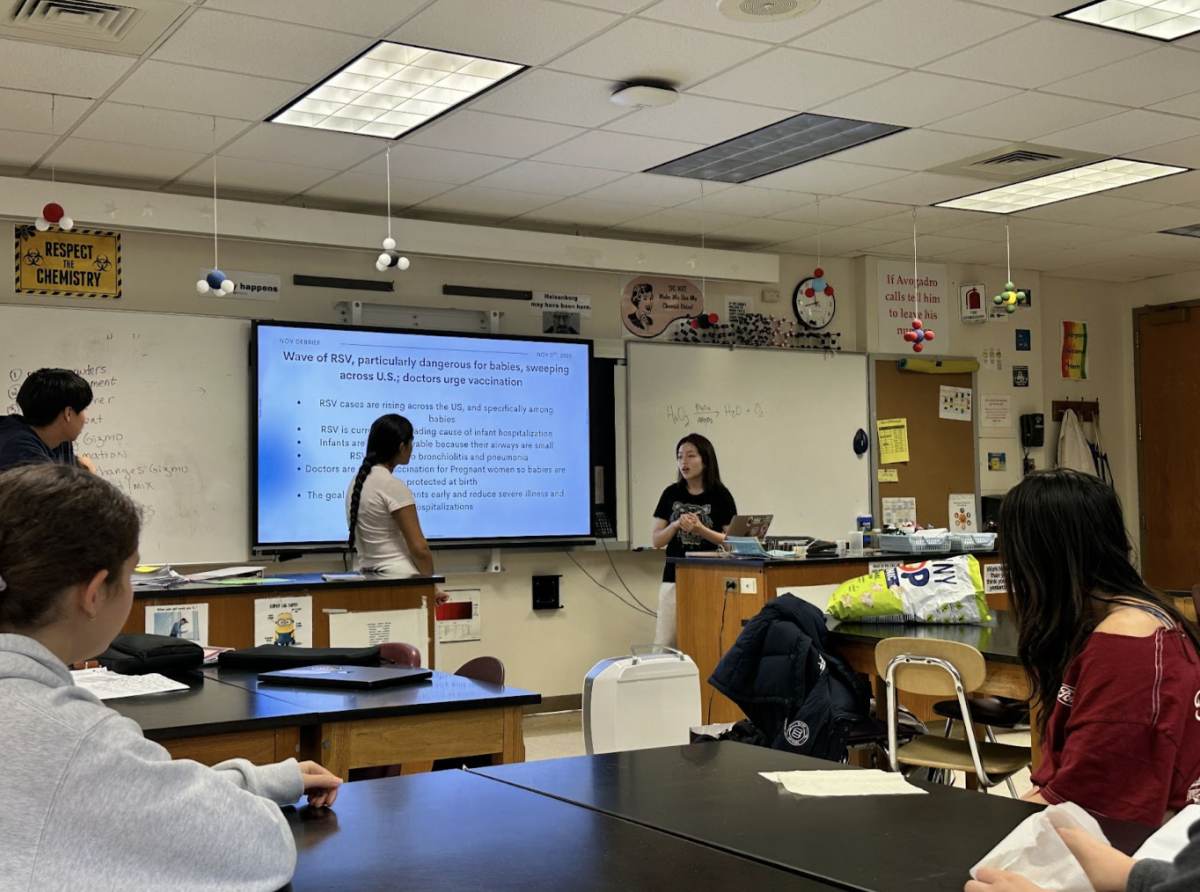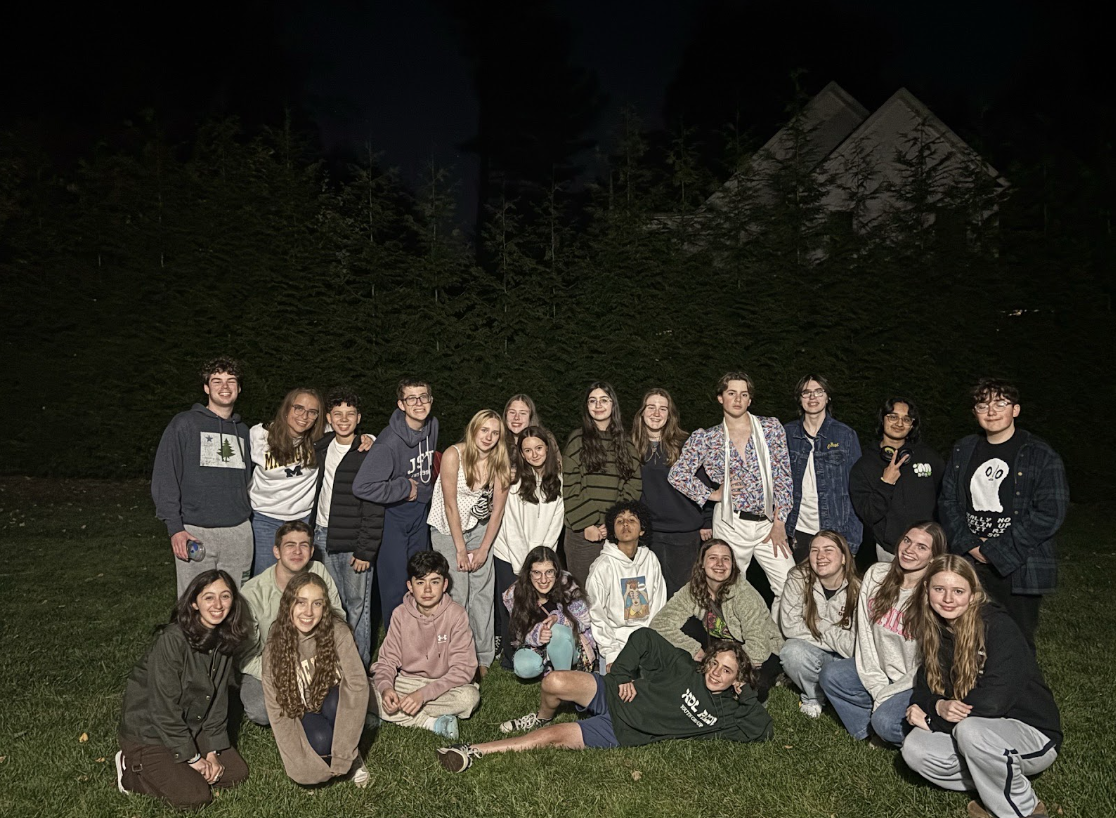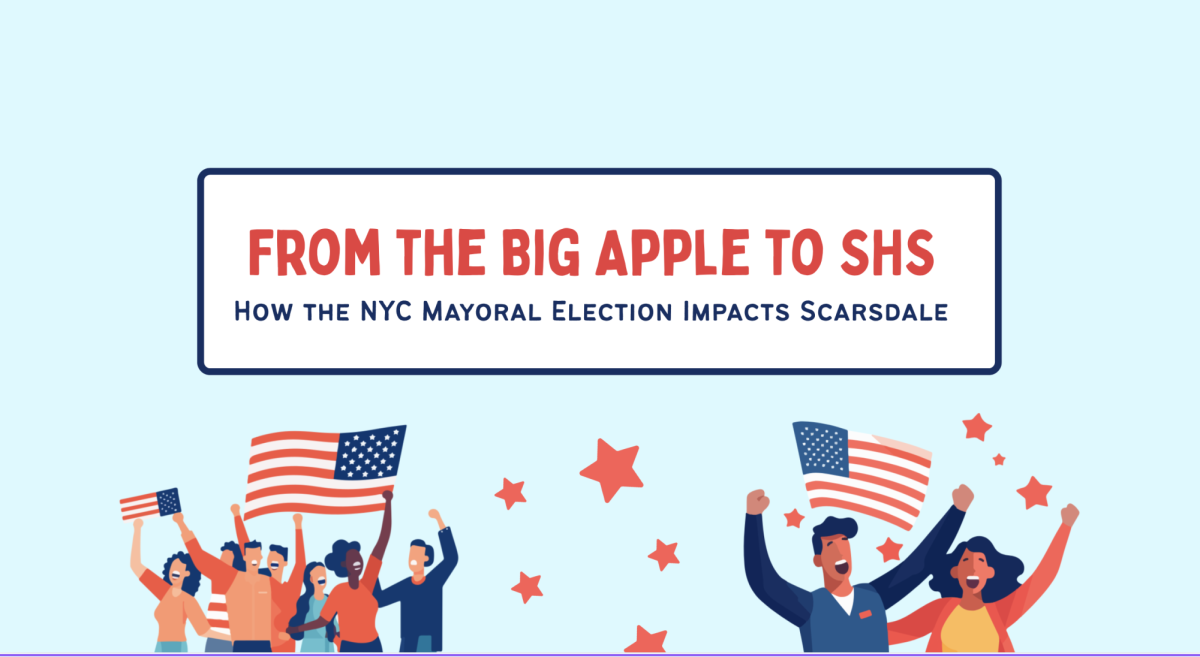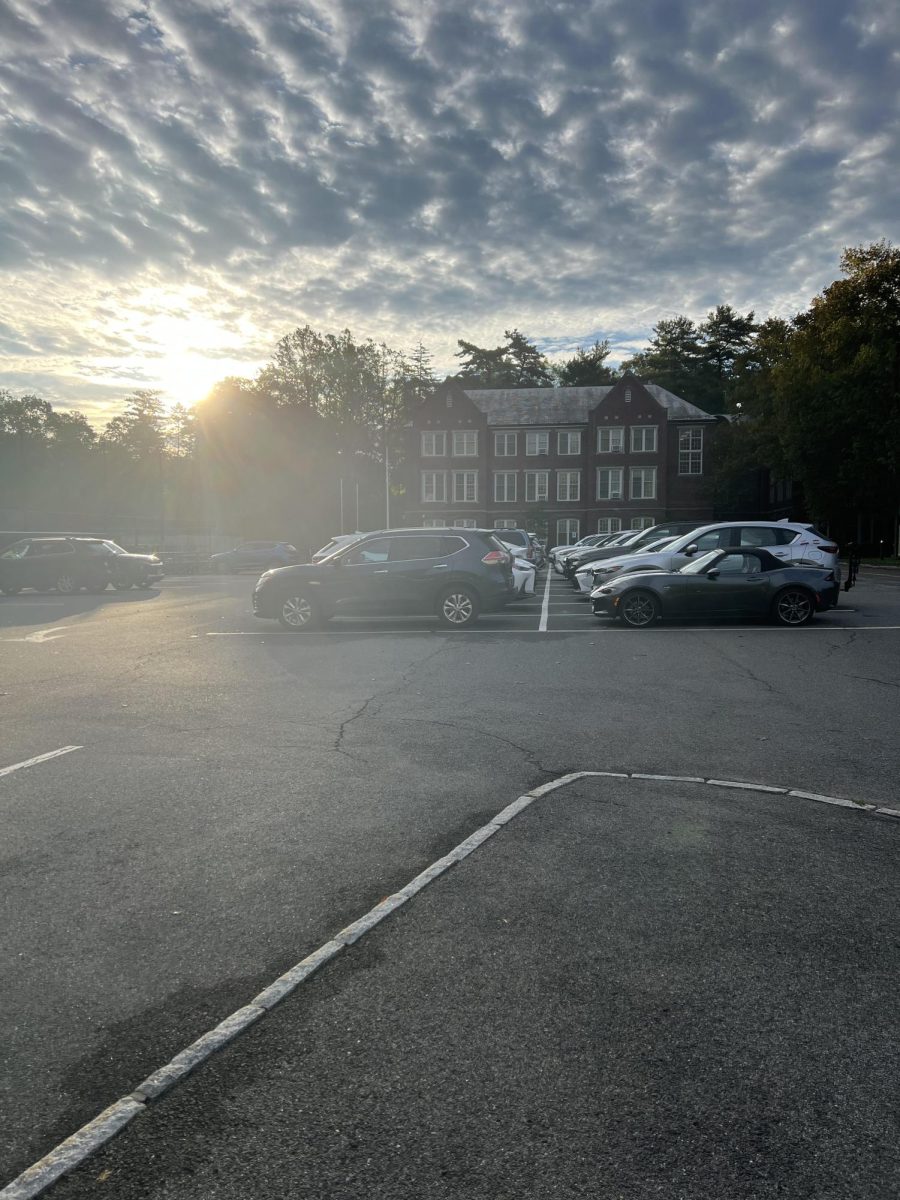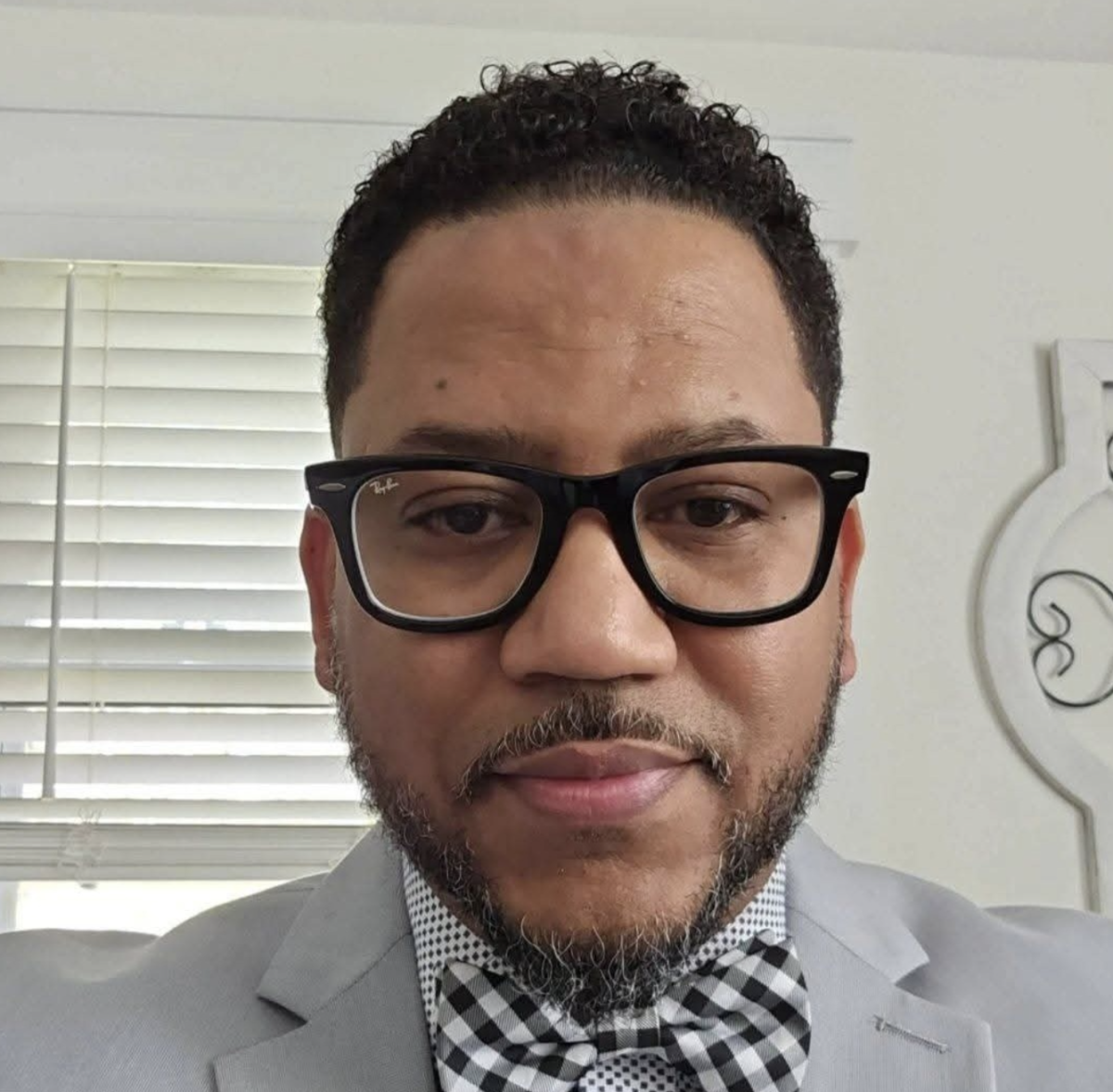On Saturday, October 19, 2024, a group of students from Scarsdale joined Principal Kenneth Bonamo for a special panel discussion on Artificial Intelligence in Education as part of Long Island University’s Envisioning the Future Conference. The panel aimed to bring together key voices from government, business, education, and nonprofit sectors to explore each field’s needs and resources, discuss the skills employers may prioritize as A.I. integration expands, and determine essential steps schools should take to prepare students for a rapidly changing world.
Long Island Univeristy’s Hudson Graduate Center hosted professionals across diverse industries, providing an opportunity to dive into the skills, knowledge, and attitudes students need to succeed now and in the future. The day opened with a fireside chat featuring NYS Education Commissioner Betty Rosa and Labor Commissioner Roberta Reardon, moderated by NYS Regent Dr. Frances Wills.
Former Scarsdale Director of Instructional Technology and Innovation Jerry Crisci presented on A.I. and instructional redesign, during which Scarsdale students engaged in a Q&A session. The six students, from 10th to 12th grade, voiced an array of concerns and questions, sharing their personal experiences with A.I. or their general concern with the technology behind it. Prior to the conference panellist Lucy Glik ’26 was “concerned with A.I. in the classroom, particularly due to its potential as a cheating tool that might hinder students’ ability to learn independently.” Despite A.I. being mostly banned in school for assignments, Glik ‘26 asked Crisci how educational leaders plan to address the challenge and promote academic integrity among students.
Following the Q&A, participants split into smaller panel discussions, covering topics such as career-connected learning, civic education, cultural competence and hiring, the essential role of the arts, and fostering critical and creative thinking. Attendees were also invited to a lunch session with State Senator Shelly Mayer before regrouping for additional panel discussions, enabling participants to explore multiple areas of interest. The day concluded with a summary session that captured key insights and discussions from the event.
Engagement from the student panellists sparked thoughtful dialogue, allowing educators and professionals to hear directly from the students about how A.I. concerns them most. Glik ‘26 explained that she came away believing “that A.I. could serve as a valuable educational tool” and that it is necessary to “[prepare] students for a future where AI resources are widely accessible.”




